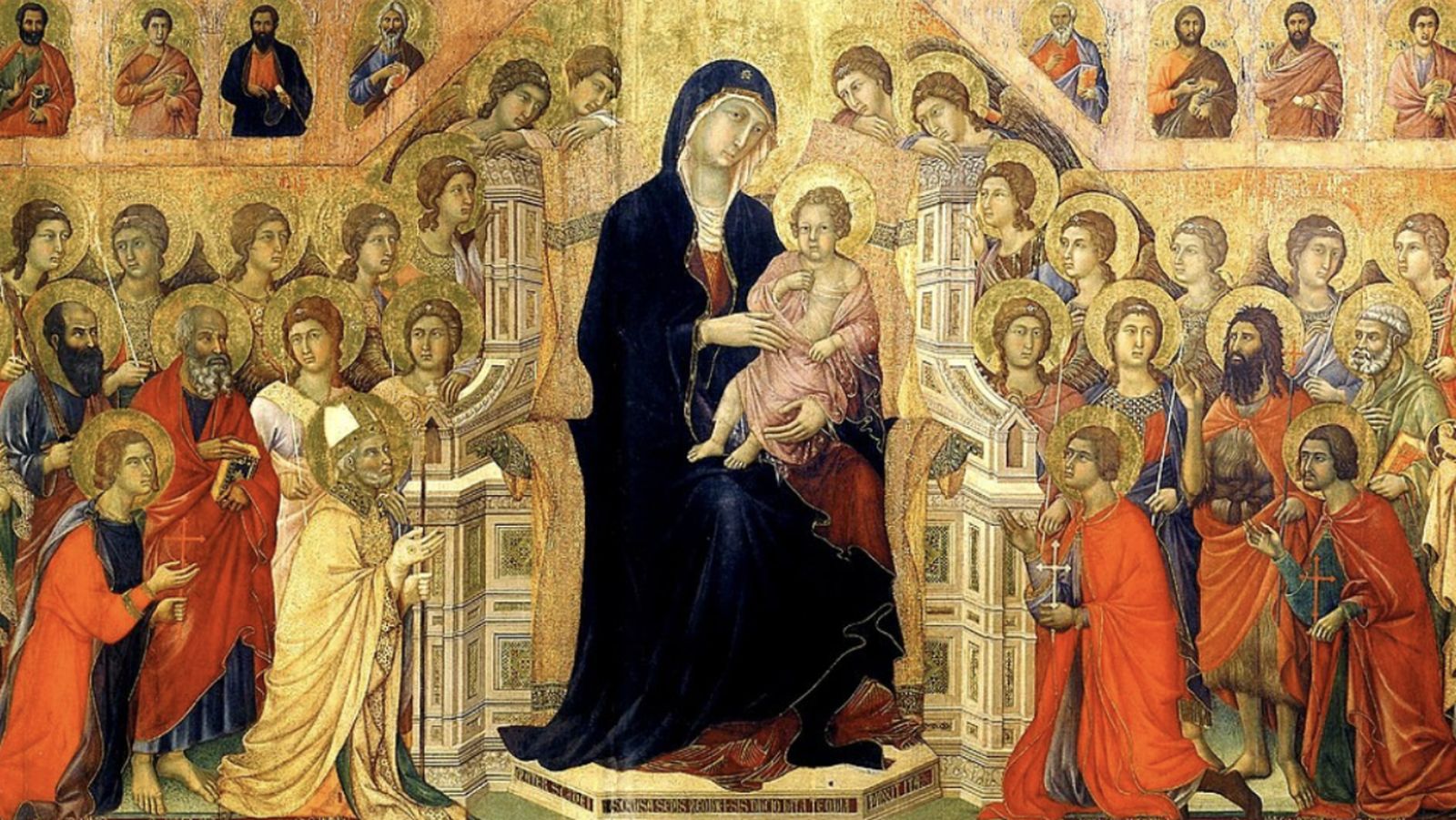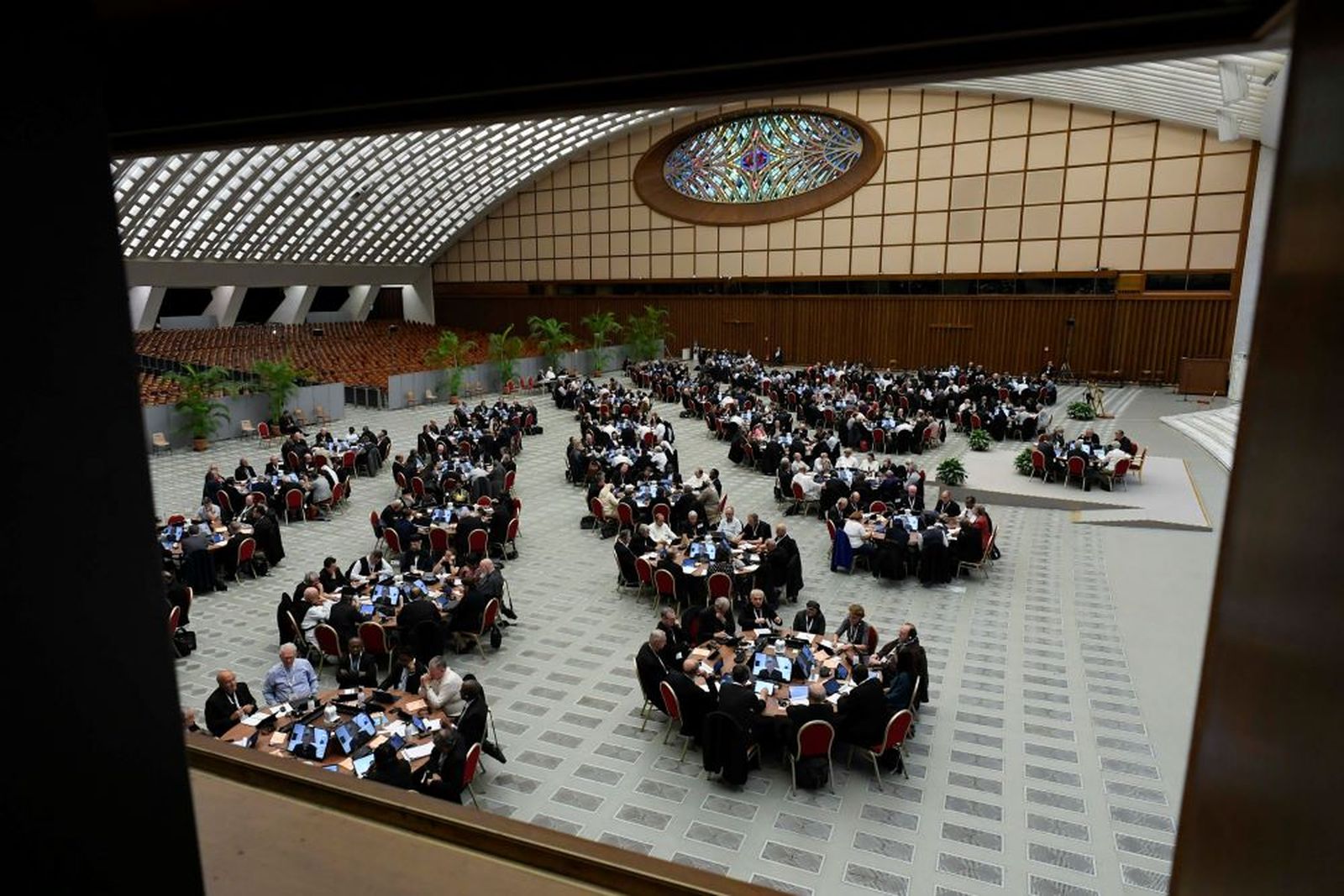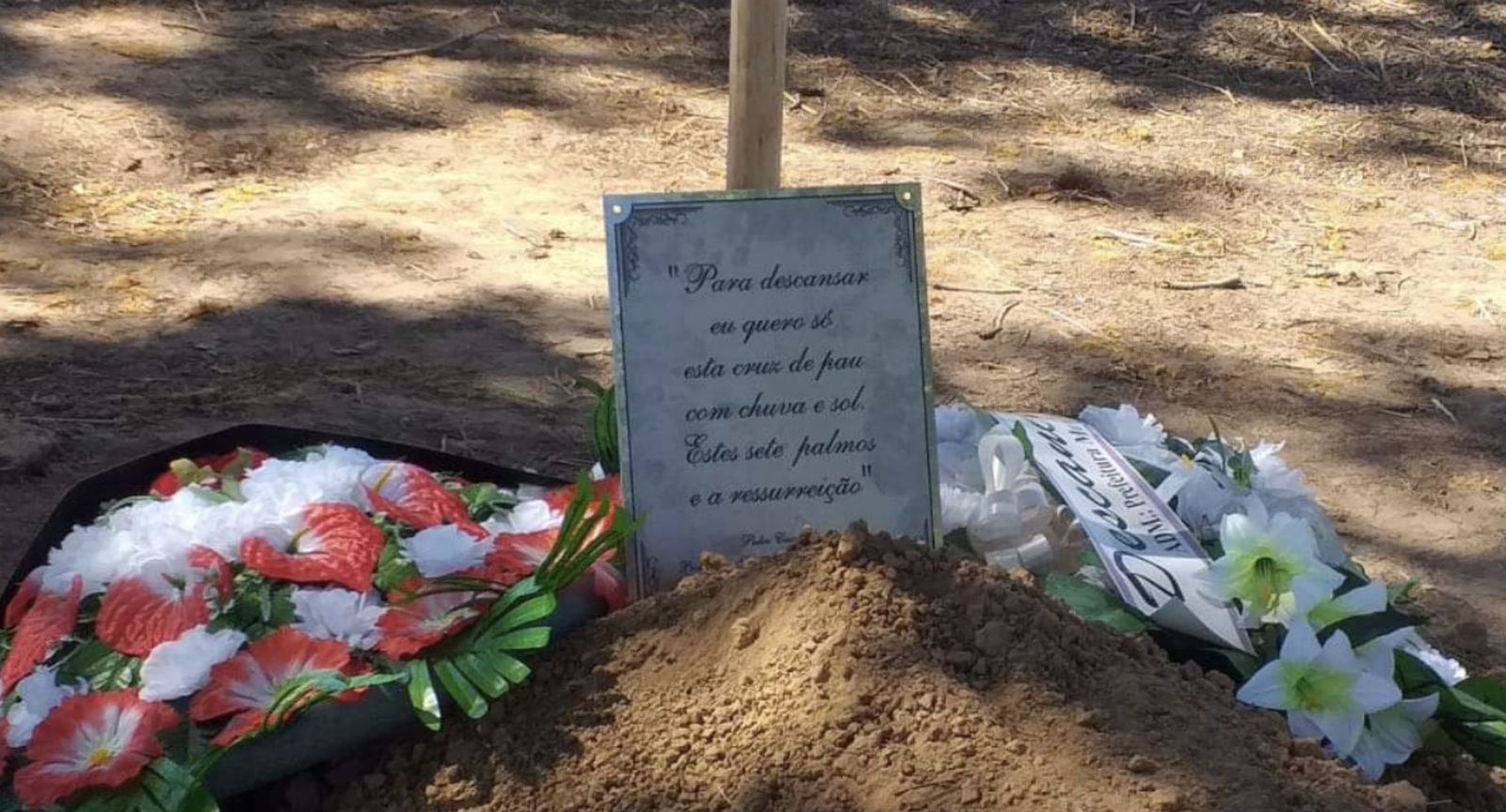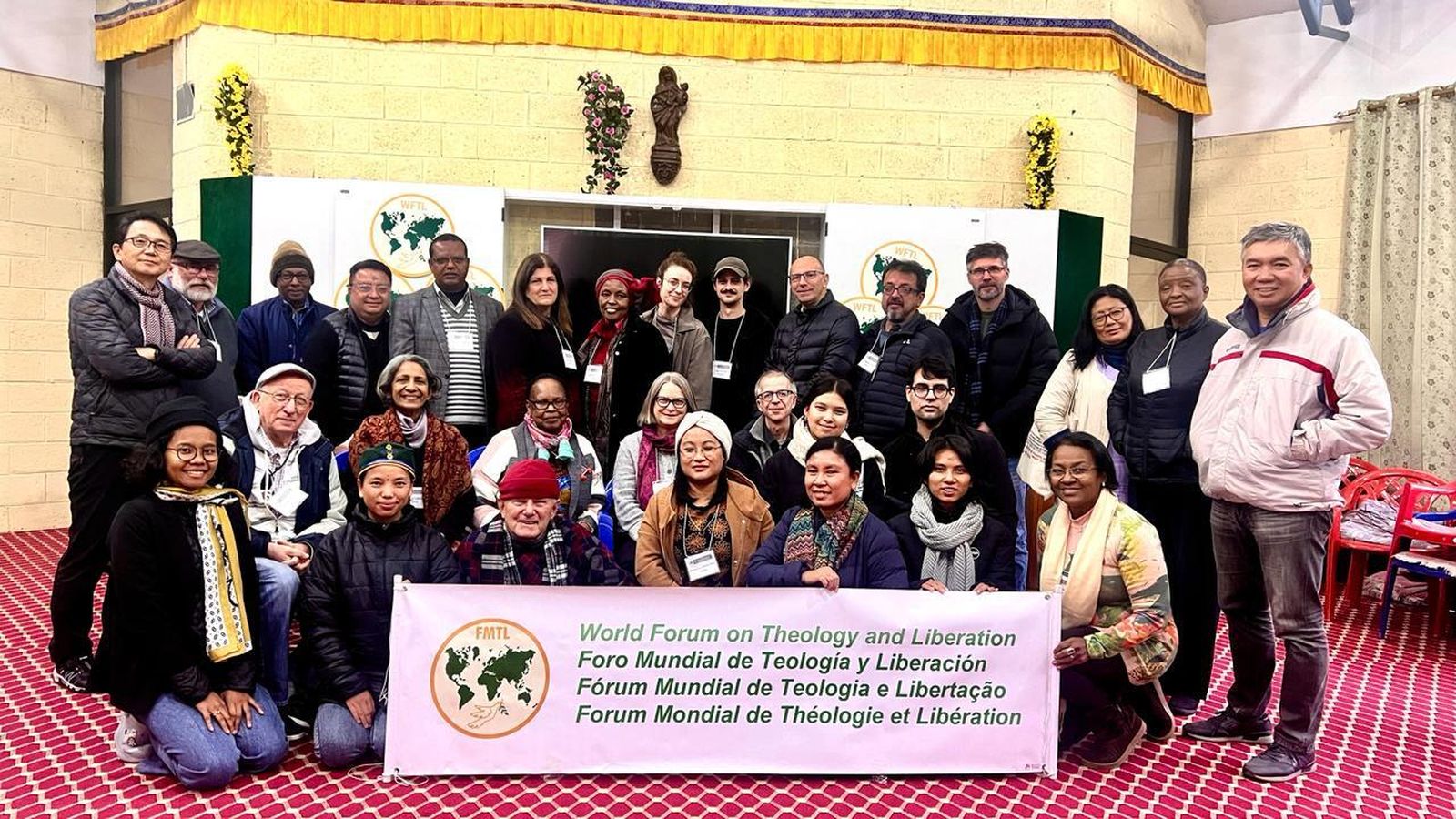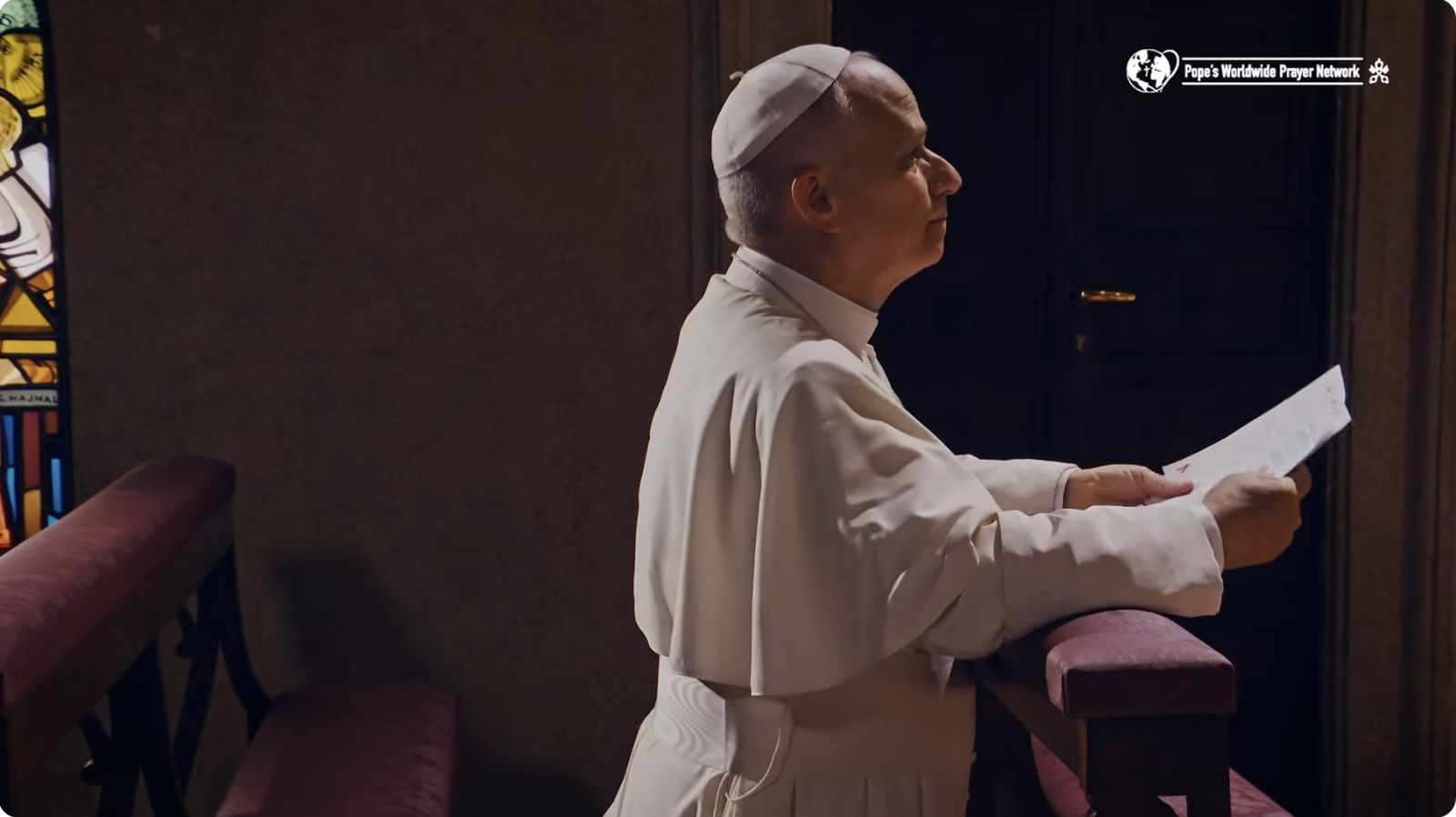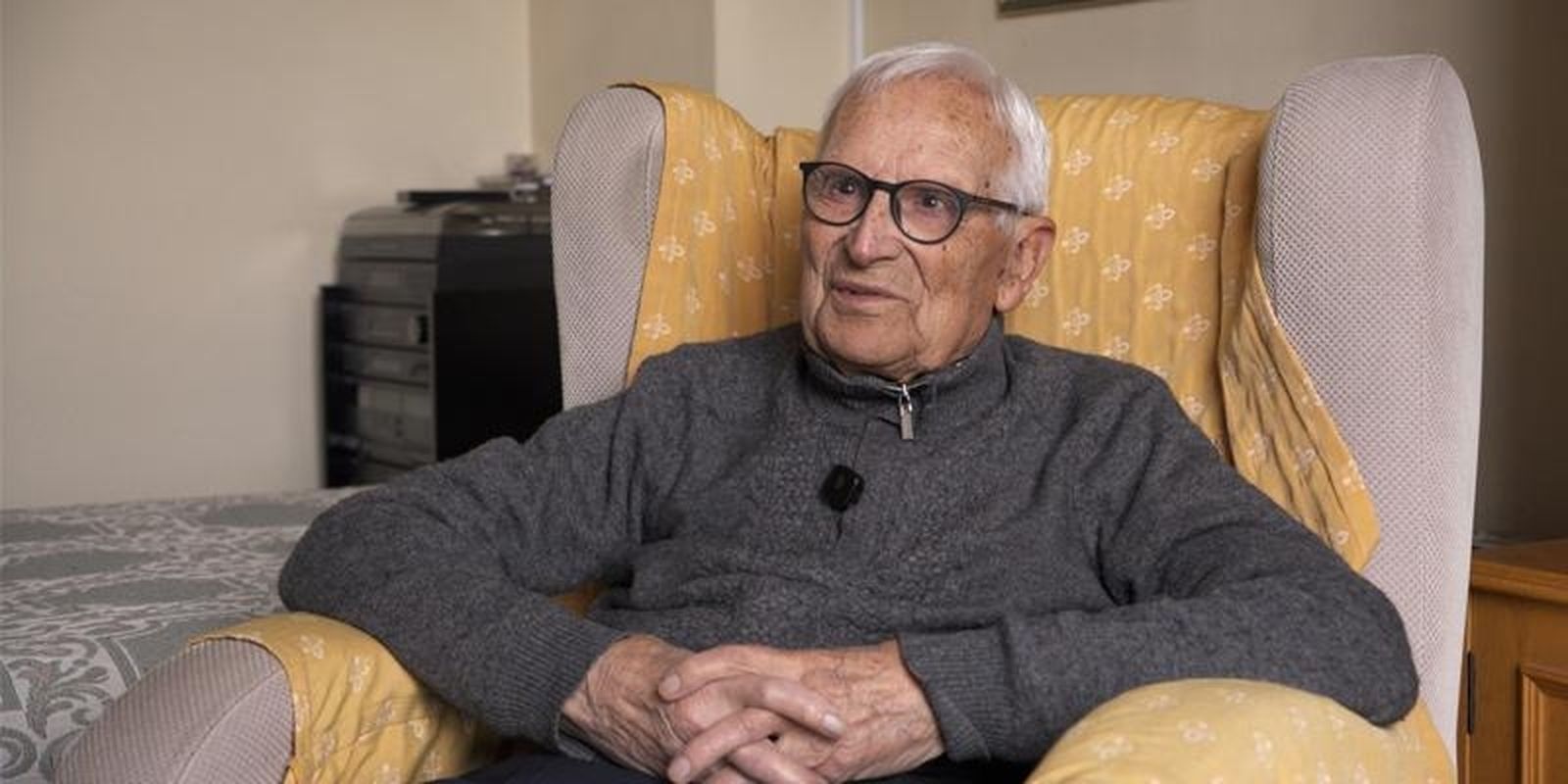Chile: secularización inacabada [esp+Eng]
Hoy con el chileno Sergio Lorenzini
Por primera vez la Iglesia Católica bajó del psicológicamente relevante 50% de afiliación.
Cuando un católico abandona la Iglesia católica, ya no se va a otra, sino que se queda sin iglesia institucional alguna.
Un 30% de la población chilena que se ubica en el casillero “sin religión - agnóstico - ateo”.
El santo chileno Alberto Hurtado escribió el libro “¿Es Chile un país católico?”. Hoy la respuesta es claramente negativa.
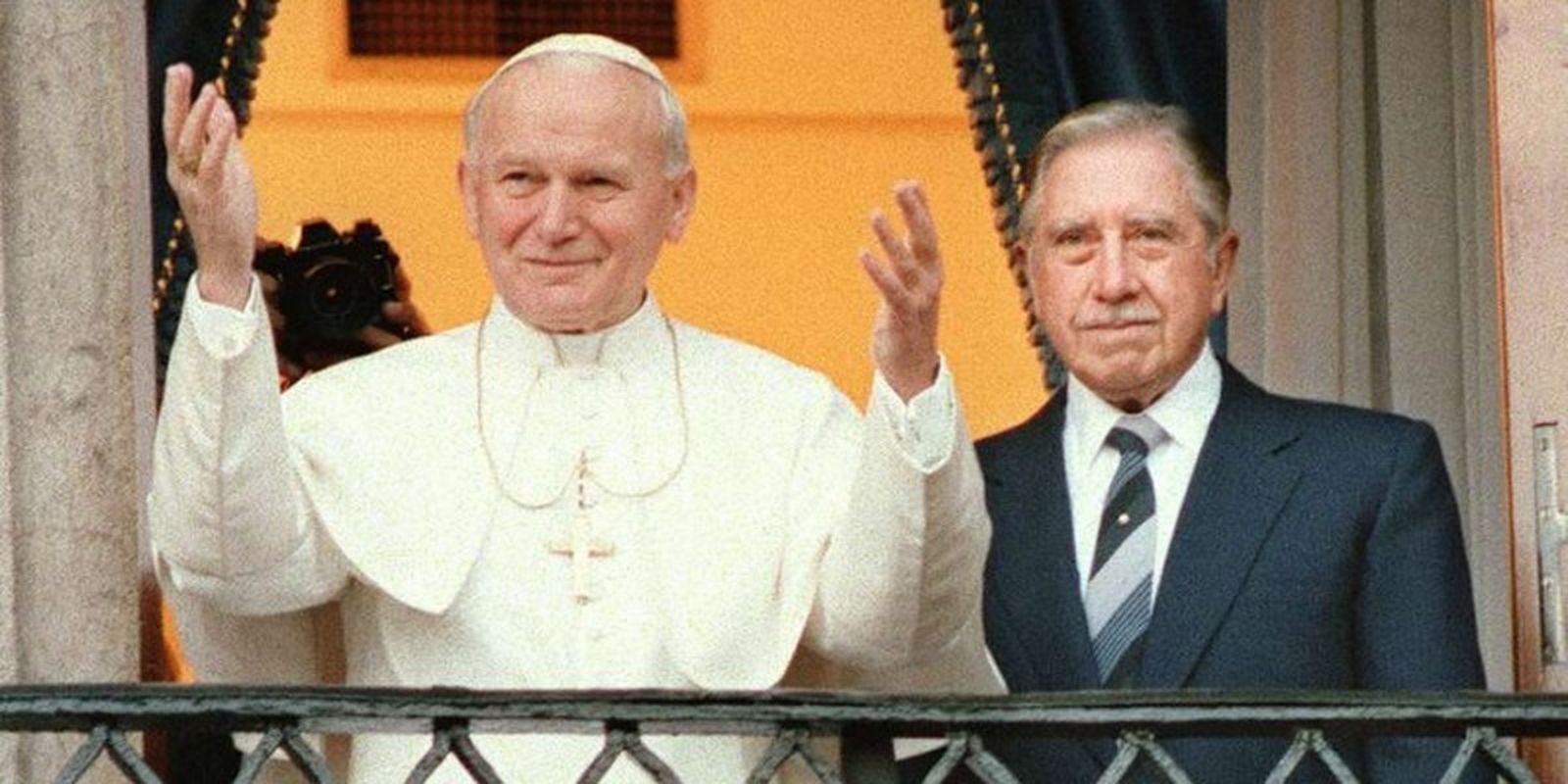
English below
Para hablarnos de la situación actual de la religión en Chile, llamamos esta vez a un sacerdote, párroco en Santiago. Con él la palabra:
«Soy chileno, y nací durante el Concilio Vaticano II. Fui testigo de los esfuerzos de la Iglesia Católica -con aciertos y retrocesos- por aplicar el concilio a la realidad chilena. Me sentí agradecido por el papel que, en general, jugó la Iglesia durante la dictadura de Pinochet, mostrándose «samaritana», y valiente, en su defensa de los derechos humanos. Fueron años en que la Iglesia gozó de un amplio reconocimiento y prestigio nacional e internacional.

Ordenado sacerdote, me fui a Sudáfrica, a compartir el Evangelio con comunidades negras pobres y marginadas, al comienzo de la era post-apartheid.
Cuando regresé a Chile, tras mis 20 años de experiencia africana, la valoración y membrecía de la Iglesia chilena se habían desplomado. Doy una simple anécdota, como un símbolo: en la primera semana de mi regreso a Chile, fui a las oficinas del Arzobispado de Santiago, y presencié una situación que me resultó profundamente impactante: un hombre de mediana edad pedía hacer el trámite de la apostasía..
¿Qué había pasado en esos 20 años? El análisis completo daría para un estudio que aquí no cabe, pero quiero mencionar algún factor decisivo:
- la creciente privatización de la fe desde la llegada de la democracia, así como un rol profético decreciente y una menor participación de la Iglesia Católica en los cambios sociales del país;
- la explosión devastadora de las denuncias de abuso sexual eclesial, desde el año 2010;
- aquel cambio cultural que muchos llaman secularización.
Ahora bien, esta «tendencia a la baja» es de larga data: si en 1930 un 97,7% de los chilenos se decía católico, cuando me trasladé a África, en 1998, esa cifra ya había caído al 72% (en casi 70 años, la caída representaba un 25%). Pero, ahora, el desplome se ha acelerado: de aquel 72%, bajó al actual 48%, ¡en apenas dos décadas! Por primera vez, la Iglesia Católica bajó del psicológicamente relevante 50% de afiliación.
Y no es sólo la Iglesia Católica la que pasa por esto. En los años 90 (la post-dictadura) las iglesias evangélicas de corte pentecostal crecieron mucho. Era frecuente que, cuando un católico/a dejaba la Iglesia, se iba a alguna de ellas. Hoy eso ya no sucede, y lo he comprobado ya con muchas personas: cuando un católico/a abandona la Iglesia católica, ya no se va a otra, sino que se queda sin iglesia institucional alguna. Las cifras confirman lo señalado: en Chile, la caída de la afiliación religiosa (es decir, la caída de los que pertenecen o se sienten cercanos a alguna religión) se ha triplicado en las últimas dos décadas (i.e., desde el 2000).

Eso sí, quienes abandonan las iglesias no se vuelven necesariamente agnósticos, ni ateos… sino que engrosan las filas de los que “creen sin pertenecer”. Los expertos dicen que esto es típicamente indicador de un proceso de secularización todavía en marcha...
Y se nota: hay un nuevo y robusto 30% de la población chilena que hoy se ubica en el casillero “sin religión - agnóstico - ateo”.
El 70 % sí cree en Dios. Pero no está claro de qué Dios se trata... Para saberlo, habría que afinar las encuestas.
Así las cosas, se ve que este panorama de creencias y pertenencias religiosas está comenzando una etapa diferente, de gran envergadura. Los paliativos pastorales (reformas eclesiales de tipo sinodal, por ejemplo) tienen su importancia, pero me parece que la tendencia señalada seguirá su curso. Son nuevos desafíos. Habrá que aceptarlos, comprenderlos y responder en consecuencia, con coraje y creatividad.
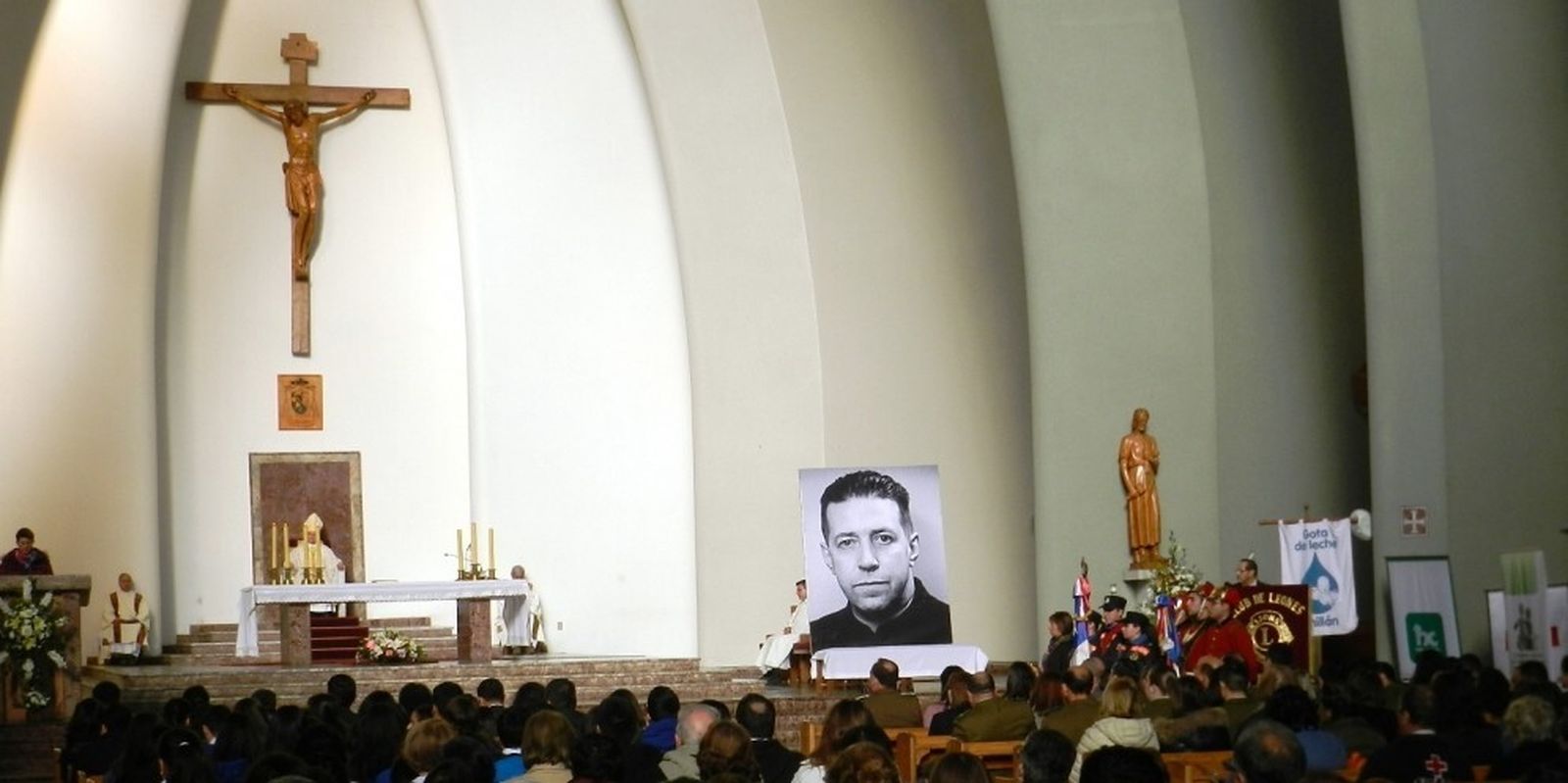
El santo chileno más popular, el padre Alberto Hurtado, escribió un libro muy polémico hace más de 80 años, “¿Es Chile un país católico?”. Hoy la respuesta es claramente negativa.»
Sergio LORENZINI. Santiago, Chile.
Fuentes:
- Mapa de la religiosidad: ¿Cuán religiosos somos los chilenos?
- Encuesta Nacional Bicentenario UC 2022.
- ¿Chile postsecular? La necesidad de una exploración comparada.
Contacto: blog@servicioskoinonia.org
Enlace a todas las entradas del blog a la vez: tinyurl.com/Vigil-BlogRD
In English
To talk to us about the current situation of religion in Chile, we called this time a priest, parish priest in Santiago. With him the word:
«I am Chilean, and I was born during the Second Vatican Council. I witnessed the efforts of the Catholic Church - with successes and setbacks - to apply the Council to the Chilean reality. I was grateful for the role that, in general, the Church played during the Pinochet dictatorship, showing itself to be "Samaritan" and courageous in its defense of human rights. Those were years in which the Church enjoyed wide national and international recognition and prestige.
Ordained a priest, I went to South Africa to share the Gospel with poor and marginalized black communities at the beginning of the post-apartheid era.
When I returned to Chile, after my 20 years of African experience, the appreciation and membership of the Chilean Church had plummeted. I give a simple anecdote, as a symbol: in the first week of my return to Chile, I went to the offices of the Archbishopric of Santiago, and I witnessed a situation that was deeply shocking to me: a middle-aged man was asking to make the process of apostasy.
What had happened in those 20 years? The complete analysis would take a study that does not fit here, but I want to mention some decisive factor:
- the growing privatization of the faith since the arrival of democracy, as well as a decreasing prophetic role and a lesser participation of the Catholic Church in the social changes of the country;
- the devastating explosion of allegations of ecclesiastical sexual abuse since 2010;
- that cultural change that many call secularization.
Now, this "downward trend" is of long standing: if in 1930, 97.7% of Chileans said they were Catholic, when I moved to Africa in 1998, that figure had already fallen to 72% (in almost 70 years, the drop represented 25%). But now the drop has accelerated: from 72% to 48% in just two decades! For the first time, the Catholic Church fell below the psychologically relevant 50% of affiliation.
And it is not only the Catholic Church that is going through this. In the 90's (post-dictatorship) the Pentecostal evangelical churches grew a lot. It was common that when a Catholic left the Church, he/she went to one of them. Today this no longer happens, and I have already verified it with many people: when a Catholic leaves the Catholic Church, he/she does not go to another one, but remains without any institutional church. The figures confirm this: in Chile, the fall of religious affiliation (that is, the fall of those who belong or feel close to some religion) has tripled in the last two decades (i.e., since 2000).
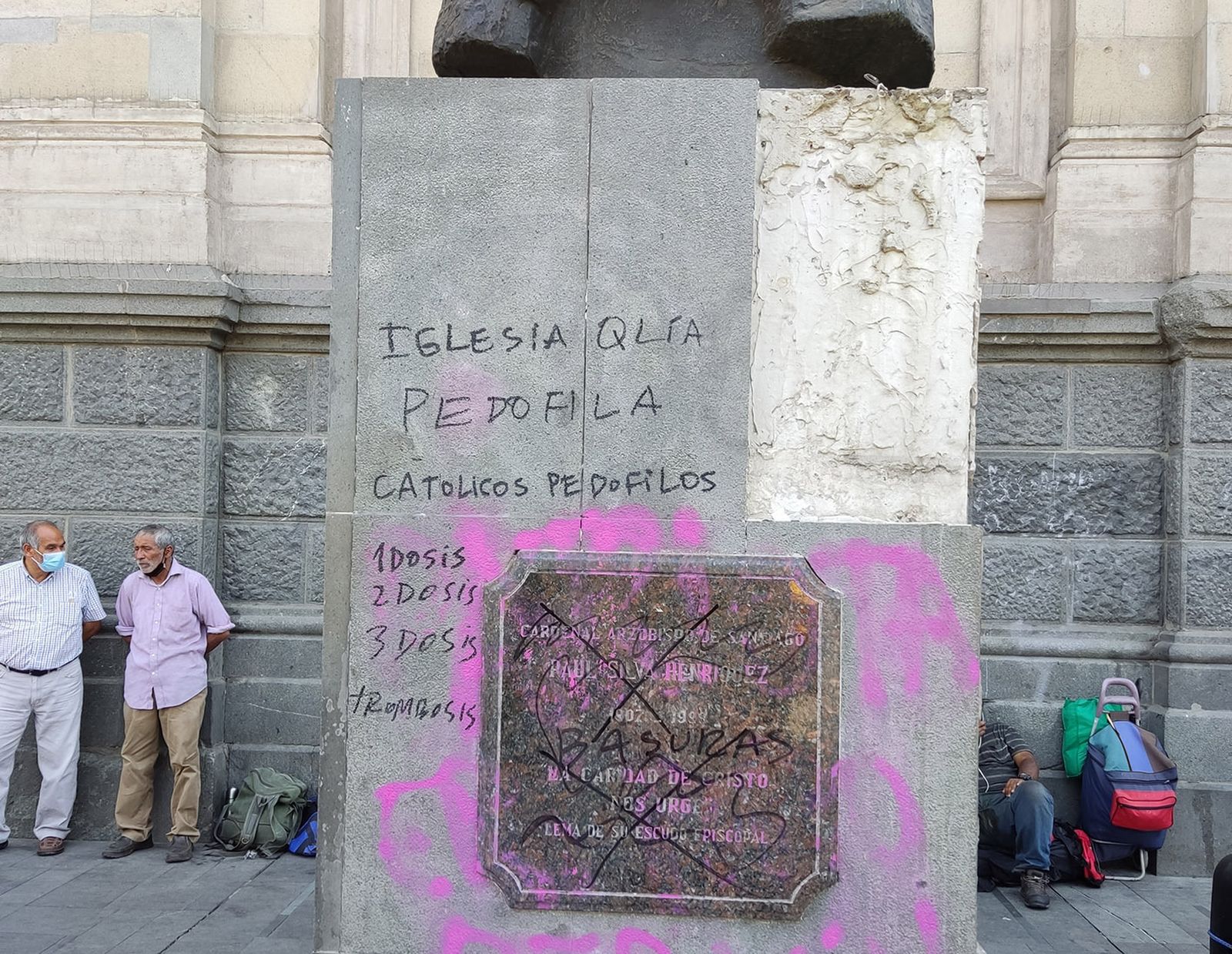
Of course, those who leave churches do not necessarily become agnostics or atheists... but rather join the ranks of those who "believe without belonging". Experts say this is typically indicative of a secularization process still underway....
And it shows: there is a new and robust 30% of the Chilean population that today falls into the "no religion - agnostic - atheist" box.
Seventy percent do believe in God. But it is not clear which God it is? To find out, it would be necessary to refine the polls.
Thus, it can be seen that this panorama of religious beliefs and belongings is entering a different stage, of great importance. The pastoral palliatives (ecclesial reforms of synodal type, for example) have their importance, but it seems to me that the indicated tendency will continue its course. These are new challenges. We will have to accept them, understand them and respond accordingly, with courage and creativity.
The most popular Chilean saint, Father Alberto Hurtado, wrote a very polemic book more than 80 years ago, "Is Chile a Catholic country?". Today the answer is clearly negative."
Sergio LORENZINI. Santiago, Chile.
Sources:
- Map of religiosity: How religious are we Chileans?
- National Bicentennial Survey UC 2022.
- Post-secular Chile? The need for a comparative exploration.
Contact: blog@servicioskoinonia.org
Link to all blog posts at once: tinyurl.com/Vigil-BlogRD
